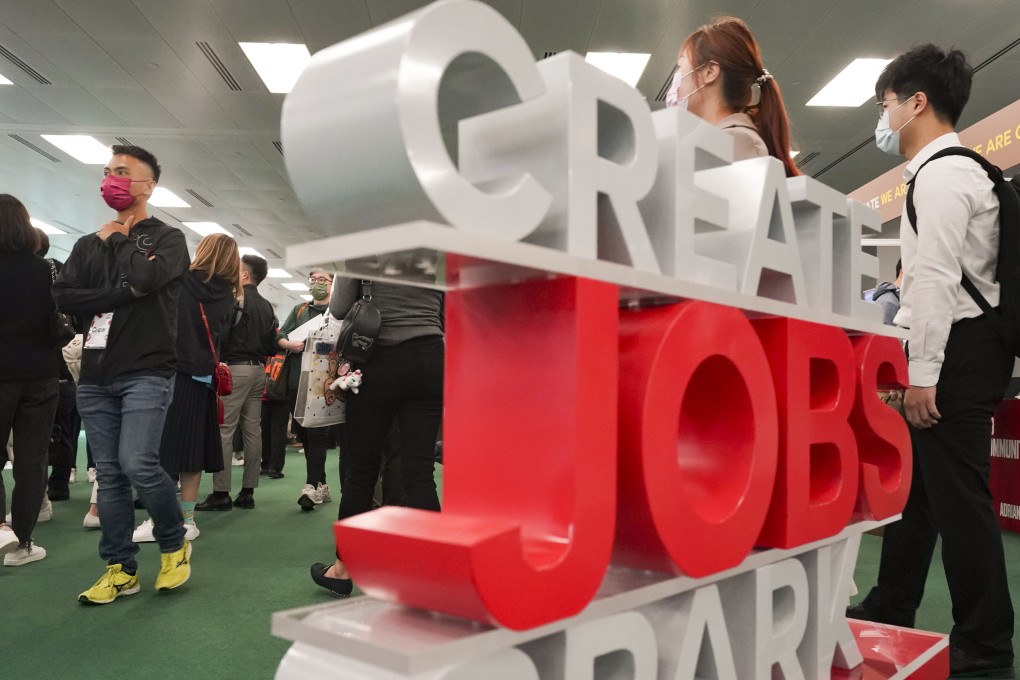The View | How young Hongkongers can serve their country and find meaning in their lives
- Opportunities to participate in global governance and diplomacy will broaden young people’s horizons and deepen their understanding of China and the world
- Hongkongers’ bilingual, bicultural capabilities are unique advantages amid tensions with the West, and international affairs can offer an avenue for meaningful work

A recent article in the Financial Times described how the pandemic is fuelling a desire among young people to give back to their communities, resulting in higher demand for public-sector careers in countries ranging from India to Britain.
Given that the Covid-19 crisis unfolded against a complex and evolving geopolitical backdrop, it appears that there may also be a stronger interest in diplomatic careers, since they offer a way to combine public service with a passion for international affairs.
As an example, Lennart Garritsen, who studied abroad at the University of Hong Kong as an exchange student, went through a highly competitive process to join the Dutch Ministry of Foreign Affairs, even though he had to take a pay cut from his previous role at an international law firm. Currently in training at The Hague, Garritsen is keen to revisit Hong Kong as part of an overseas posting.
But the work of a diplomat goes beyond writing reports on the foreign cities they are stationed in. Key to their role is stakeholder engagement, coordination of official visits and delegations, facilitating people-to-people exchanges, and promotion of trade and investment.

